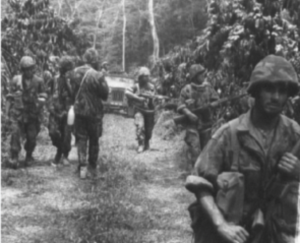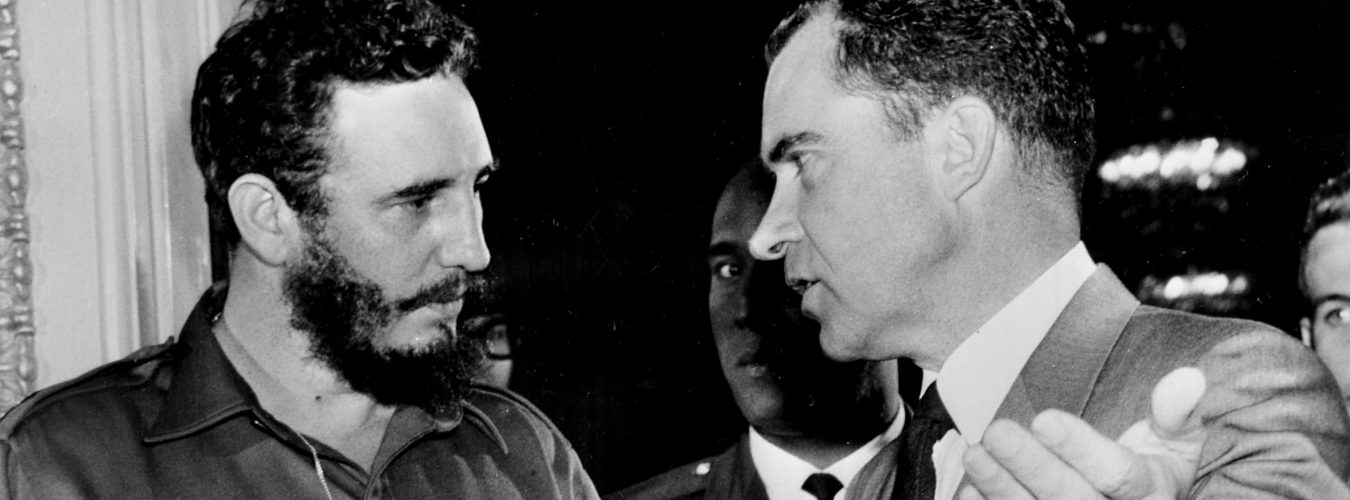
On February 4, 1961, Angolan militants stormed a jail in the capital city of Luanda, attacking hundreds of Portuguese police in their bid to free political prisoners. This event highlighted the increasing tension between native Angolans and the Portuguese colonizers and was arguably the start of the Angolan War of Independence. Additionally, this event was a topic of importance among the United States, the Soviet Union, Portugal and other African nations.
The events in Luanda were the result of centuries of forced labor, discriminatory laws and abuse in Angola. By the early months of 1961, many native Angolans were in favor of independence from their European colonizers. Although many Angolans were vying for independence, multiple political parties split internal support. It was the People’s Movement of Liberation of Angola (MLPA), formerly the Angolan Communist Party, who claimed responsibility for the attacks in Luanda. With support of the Soviet Union and Cuba, the MLPA rivaled the Union of People’s of Angola (UPA), who had support from the United States.
In the United States, John F. Kennedy had just assumed office and was critical of Portuguese control in Angola. The United States was strongly in favor of Angolan independence, while their secondary objective was for the UPA to gain sovereignty over Angola. The Soviets were also hoping for Angolan independence, while they hoped the MLPA would take control of the nation.
The clashes in Luanda caused the situation to come up in a United Nations convention during February of 1961. Liberia asked the UN to step in in Angola, saying the UN should intervene “before the next crisis is upon us”. Portugal voiced opposition to this, claiming that the situation in Angola was “calm”. To add to this, President Kennedy stated he was “deeply concerned with the deteriorating position of Portugal.” The careful tone of President Kennedy demonstrates the complex position the USA was in at this moment. First, US foreign opinion is shaped by anti-colonialism, which is reflected in the New York Times article written on this event, saying, “Portuguese Authorities in Angola – 14 times the size of Portugal- have attributed the rash incident to communists in the Congo”. Even though this is a minor example, the use of the hyphen to emphasize the size disparity between the two countries implies that no country should try to rule a land that is not their own, is far more vast than their own, and far away from their own. This small example echoes the public opinion of the US at times towards the colonization of Angola, or most any nation still colonized. However, although the US should fight for Angolan Independence, the USA was also aware of the situation in Portugal, and could not be hard on the Portuguese government. At the time, Portugal was a dictatorship, and due to the presence of the Portguese Communist Party, this dictator was an ally. For this, President Kennedy had to balance many interests and concerns, demonstrating the complexity of the start of the Angolan War of independence not only in Angola, but on the international stage as well.
